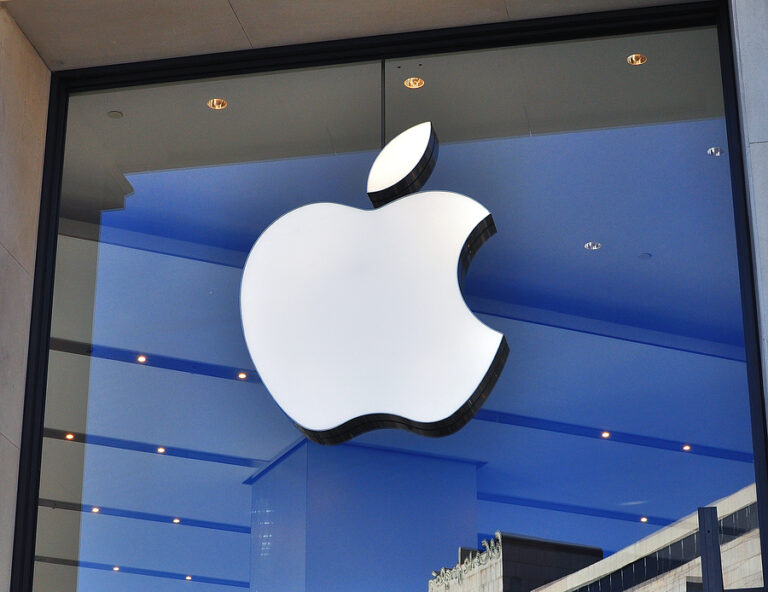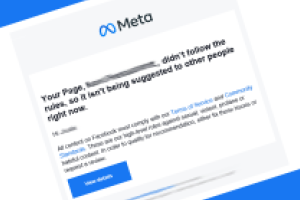Privacy policy updates usually aren’t newsworthy, but as marketers, we couldn’t help but tune into the headlines featuring Apple’s latest privacy updates. And as marketers, we had to delve in past the headlines to find out how Apple’s latest privacy updates are shaping our industry. During their annual developer conference, Apple announced a slew of significant changes to their email, app, and iCloud privacy policies along with a major change to their data collection opt-out program, which will diminish the access marketers have to user data and key metrics. Let’s break down these privacy updates and discuss what Apple’s new privacy policy means for marketers.
How Do Marketers Currently Use User Data?
Identifier for Advertisers (IDFA) is the system by which advertisers use to track user data on Apple products. Using this app and third-party tools and cookies, developers can track user data and generate detailed client profiles. This information is then used to sell marketing segments to advertisers. These identifiers allow marketers to use targeted ads – based on age, location, and other data – to reach their ideal customers.
What Privacy Changes Were Revealed at Apple’s Developer Conference?
At their developer conference on June 7th, Apple announced and demonstrated some of the privacy changes they’re implementing to better control and manage access to their users’ data. The most notable of these changes include:
- Email Privacy Protections: Email marketers will no longer be able to see when a user opens an email in Apple’s Mail app. Apple will also conceal the user’s IP address, which can be used to analyze other online behavior.
- App Privacy Report: Apple is releasing a new feature that allows app developers and marketers to see how frequently apps accessed certain users’ locations, photos, or microphones and whether that data was shared elsewhere.
- iCloud Private Relay: Apple designed a new feature that operates the same way as a virtual private network (VPN), making users untraceable while browsing Safari.
- IDFA Opt-Out: Apple users have always been able to opt-out of IDFA and data-sharing, but a new window prompt will make the process much easier to complete, ensuring the collection of fewer data overall.
These changes and many other iOS updates will be rolled out sometime this fall, according to Apple’s press release.
What Do These Privacy Changes Mean for Marketers?
These changes have a high impact on digital advertising, especially for marketing firms running paid campaigns. Marketers will now have restricted access to data that measures the effectiveness of ad campaigns because users need to give explicit permission to allow tracking on their devices. After such data misuse as the Cambridge Analytica Scandal, customers generally have less faith in how companies will use their data. This is causing marketers to carefully inspect their data practices and how they see the future of targeted advertising campaigns.
Are Apple’s New Privacy Changes All Bad for Marketers?
While Apple is taking significant steps to protect their users’ data, they are offering an alternative tool for marketers and developers called Private Click Measurement. While specific user data is inaccessible, this tool will tell marketers how many times their ad was clicked on within an app. Simply put, marketers will be receiving broader metrics and tracking data and less of the granular details. This means that marketers need to adapt by thinking holistically about the future of their ad campaigns and how to draw action from users in new ways.
Understanding what Apple’s new privacy policy means for marketers can help you make more informed decisions regarding future digital campaigns. Fortunately, marketing and advertising is a field accustomed to pivoting as technology and policies evolve. Vision is one such company that has continuously found success with our expert brand management, social media marketing, and more. If you require the help of an adaptable marketing firm, contact us today.




